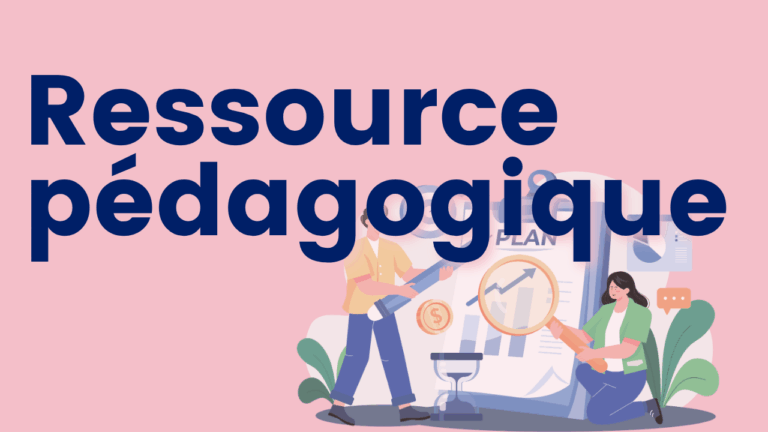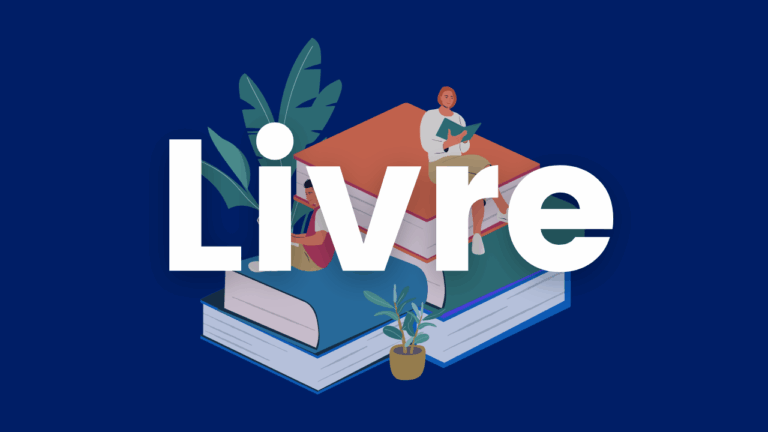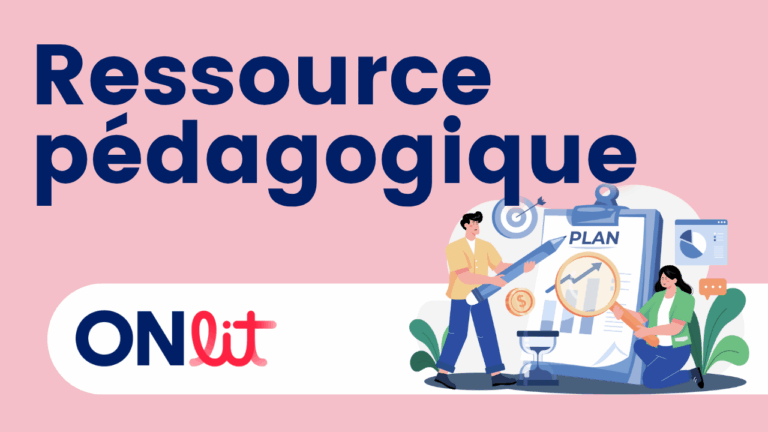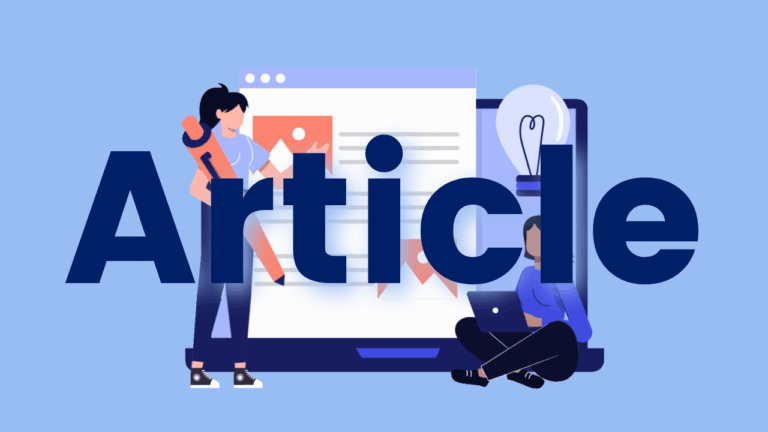Les 16 principes de l’enseignement explicite
Plusieurs recherches ont identifié une gamme de comportements et de caractéristiques liées à un enseignement explicite efficace. Utilisez cette liste de vérification pour vous aider dans votre planification et enseignement.







